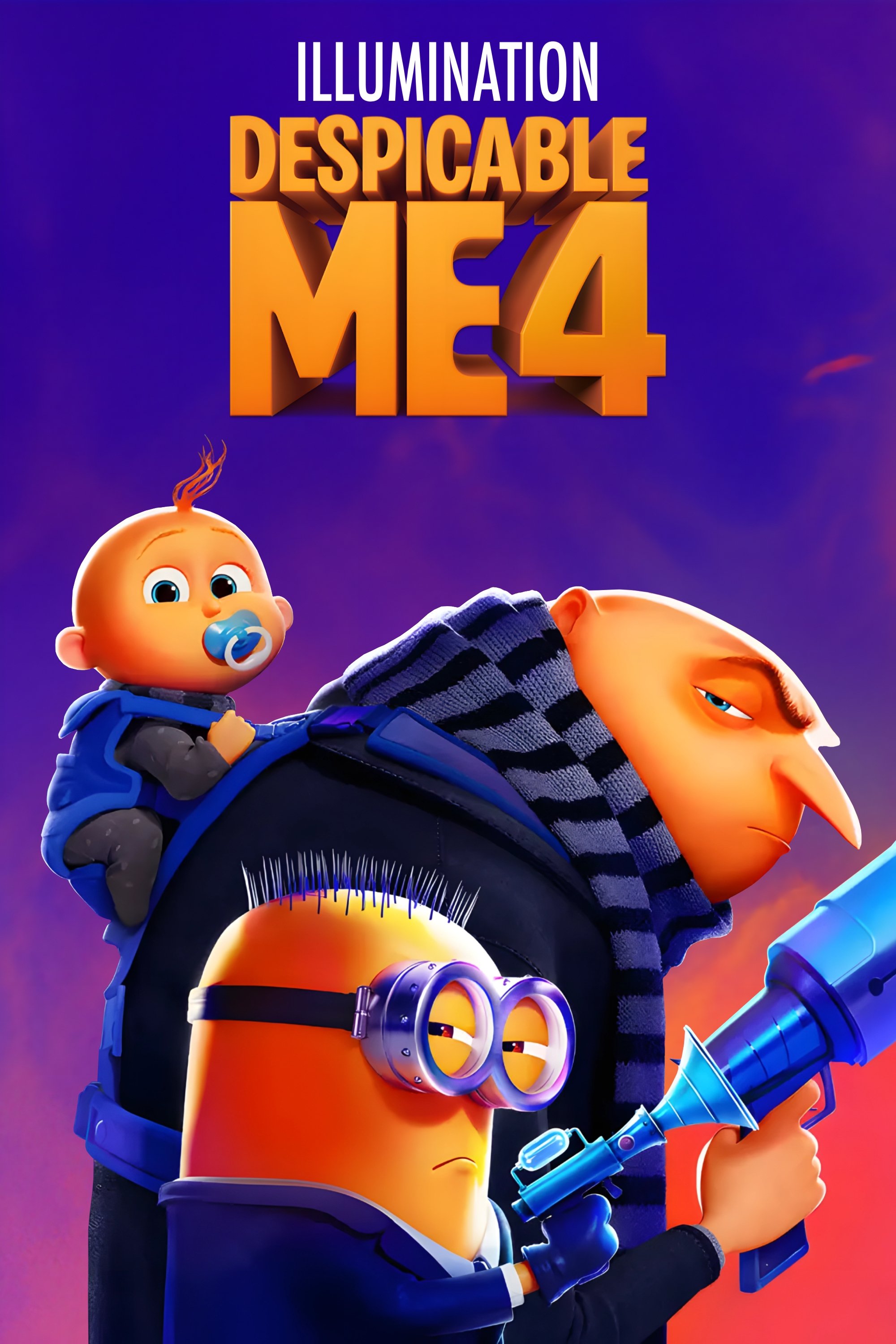Is the world of pirated movie downloads truly as accessible and harmless as it seems? Filmywap.com, a name that has become synonymous with unauthorized Bollywood movie downloads, paints a deceptive picture. The platform offers users access to an extensive library of films from 2025 onwards, including blockbusters like Hasratein 2 and Mufasa: The Lion King. Despite its seemingly legitimate facade, Filmywap operates outside the boundaries of copyright law, raising ethical and legal concerns.
Understanding the implications of using such platforms is crucial. Filmywap provides downloadable content for movies such as Jewel Thief - The Heist Begins and Jack, both released in 2025. While these titles may tempt viewers with their thrilling plots and star-studded casts, they are offered without compensating the creators or producers. This not only undermines the efforts of filmmakers but also contributes to significant financial losses within the industry. As consumers, we must weigh the convenience of free downloads against the long-term impact on artistic expression and innovation.
| Name | Filmywap |
|---|---|
| Founded | 2018 |
| Headquarters | Unknown (Operating offshore) |
| Website | Filmywap.com |
| Category | Piracy Platform |
| Notable Content | Bollywood Movies, Hollywood Dubbed Films, South Indian Cinema |
| Year Active | 2018 - Present |
Platforms like Filmywap have garnered attention due to their vast collection of films, ranging from recent releases to classic hits. For instance, the film Odela 2, which premiered in 2025, quickly found its way onto Filmywap's servers. Similarly, Mufasa: The Lion King, a much-anticipated release, was available shortly after its theatrical launch. These offerings attract millions of users globally who seek unrestricted access to premium content without paying for subscriptions or purchasing tickets.
However, this accessibility comes at a cost. The illegal distribution of copyrighted material through websites like Filmywap poses serious challenges for the entertainment industry. Producers invest heavily in creating high-quality films, only to see their profits eroded by piracy. Moreover, actors, directors, writers, and technicians—all integral parts of the filmmaking process—face reduced opportunities when revenues decline due to unauthorized sharing. It creates a vicious cycle where creativity suffers because there isn't sufficient incentive to produce new works.
One might argue that streaming services like Netflix and Amazon Prime offer expensive subscription models, making pirated alternatives more appealing. Yet, these platforms provide legitimate means to enjoy quality entertainment while supporting artists financially. Consider Jewel Thief - The Heist Begins, available exclusively on Netflix. Its gripping narrative about con artist Rehan battling his nemesis Rajan showcases the value of investing in original content. Subscribing to such services ensures that creators receive fair compensation for their work.
Another aspect worth examining is the technical risks associated with downloading content from unverified sources. Websites like Filmywap often embed malicious software into downloads, exposing users to viruses, spyware, or ransomware. Additionally, personal data entered during registration could be misused, leading to identity theft or other cybercrimes. Therefore, opting for licensed platforms not only supports ethical consumption but also safeguards one's digital security.
Despite these warnings, the allure of free content remains strong among certain demographics. MoviesFlix, another prominent piracy hub, mirrors Filmywap's approach by offering Bollywood, Hollywood, and regional language films for download. Titles such as Jack, directed by Bommarillu Baskar and starring Vaishnavi Chaitanya, find themselves listed alongside countless others. Such availability perpetuates the notion that accessing premium content without payment is acceptable, further entrenching unethical practices.
It is imperative to recognize the broader implications of engaging with pirate sites. Beyond legal repercussions, which include fines or imprisonment in some jurisdictions, there is a moral obligation to respect intellectual property rights. By choosing authorized channels, individuals contribute positively to the ecosystem that sustains creative industries worldwide. Furthermore, supporting official releases encourages diversity in storytelling, allowing fresh voices to emerge and thrive.
The debate surrounding pirated movie downloads extends beyond mere legality; it touches upon principles of fairness, accountability, and sustainability. Platforms like Filmywap capitalize on user demand for instant gratification, yet they undermine the very foundation upon which successful cinema depends. As audiences, we hold the power to shape the future of filmmaking by making informed decisions about how we consume media. Opting for legitimate options ensures that talented professionals continue producing remarkable stories for generations to come.
In conclusion, while Filmywap and similar entities promise effortless access to coveted films, they do so at great expense to the industry. From jeopardizing livelihoods to compromising cybersecurity, the consequences of indulging in pirated content are far-reaching. Embracing responsible viewing habits benefits everyone involved—from filmmakers striving to bring their visions to life to viewers eager to experience captivating narratives. Let us champion authenticity and integrity in our pursuit of entertainment.


.gif)

